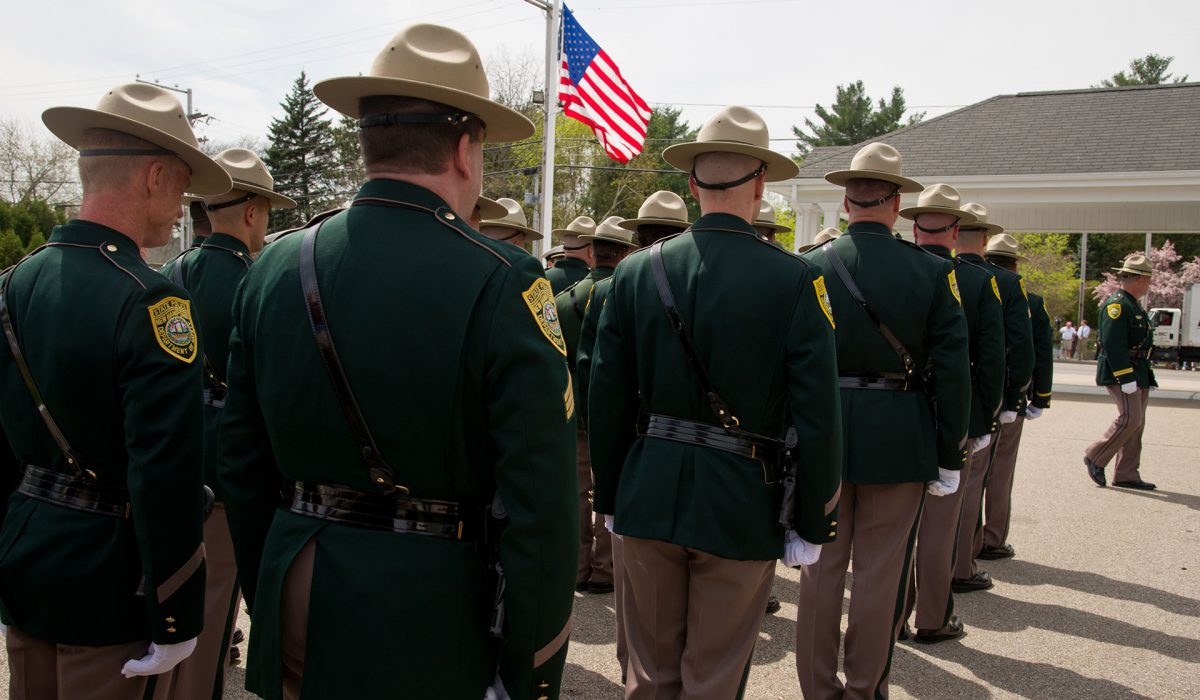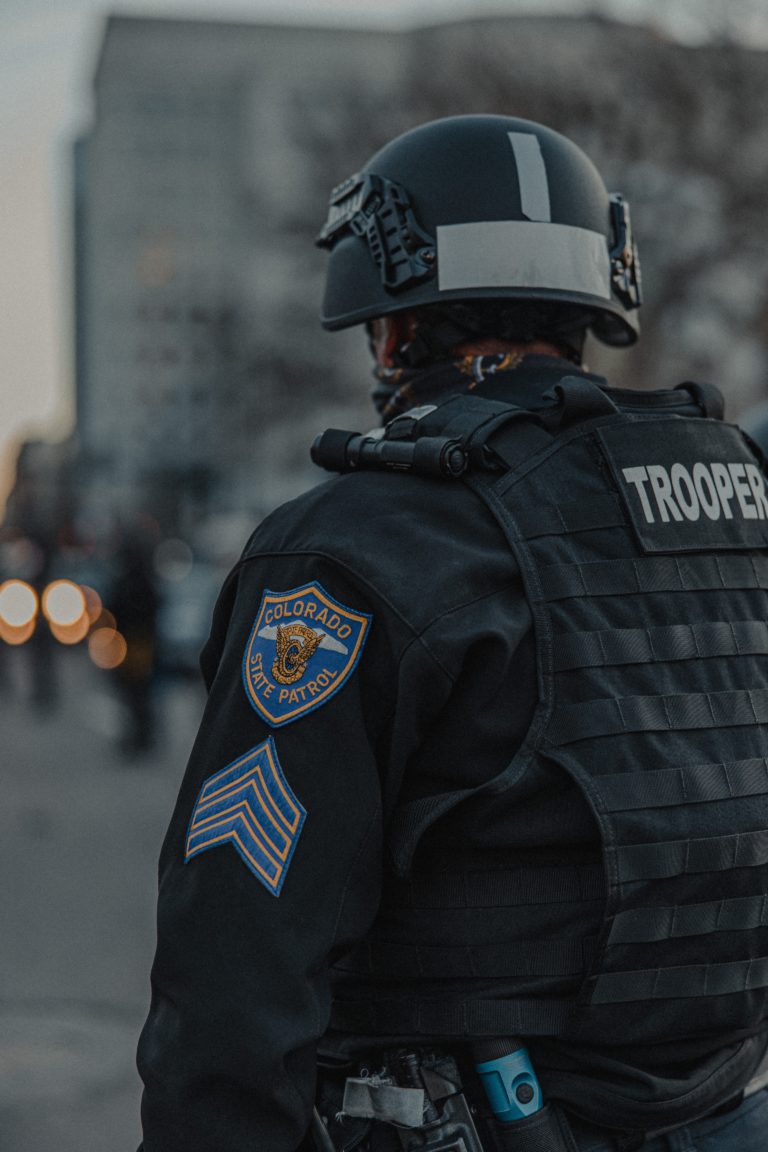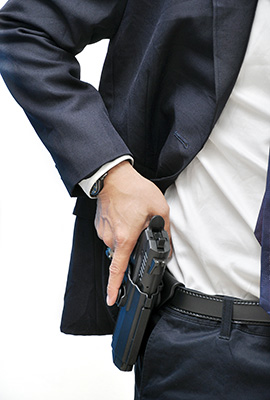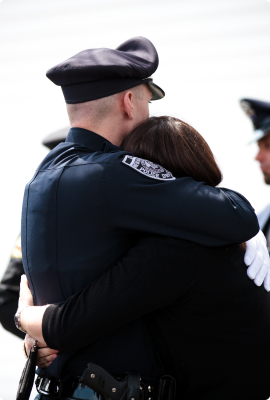Actions based on values

We believe that so much of this training has been ineffectual with law enforcement because it largely came from academia, with no understanding of the issues that law enforcement face. The fundamental flaw of most of these programs is that they have concentrated on eliminating bias as opposed to understanding it, and in doing so make value judgements on the beliefs of the people they are training. So often in the pursuit of the goal of reducing bias, officers have been told that everything they think, feel, and know to be true is wrong.

What our classes are saying:
“You had a realistic theme and weren’t accusatory”
“Much better approach than any other type of training I’ve seen on this topic”
“This was the first time I didn’t feel accused of being a racist in one of these classes”
”Everybody’s least favorite training presented in a way that’s actually beneficial for cops”
“First really different approach I’ve seen to this kind of training. The case studies made the class relatable and really made me understand how bias can affect how we do our jobs, and even more importantly how it affects our safety”
“First one of these classes I’ve ever taken that was taught by a cop with practical experience who understands how to present the material to law enforcement ”
This is not the way to move the conversation forward, it is also what creates so much pushback in law enforcement against this training. By creating resentment, these programs are often counterproductive, as they create more bias than they resolve. While there is plenty of room for debate on the issue, we believe that all humans have biases, and they are a fundamental part of their personalities.
In our professionalism training, classes are taught about bias in all of its many forms. They are taught how to recognize their own biases and other peoples, and how bias can affect the work that law enforcement officers do. Through real world examples, they are taught about the major role that bias plays in officer safety, and how when we don’t learn to recognize and control our biases it leads us to make bad decisions. But one of the things that makes our training unique is that we talk about bias and only bias. Except to illustrate points, we don’t talk about subjects like race, gender, sexuality, or any of the other myriad topics that tend to get the discussion of bias bogged down and keep it from moving forward.
By giving officers practical techniques and tools to use during their daily interactions with the public, we have taken a topic that is becoming mandatory for more and more departments, and turned it into an engaging training that benefits officers, their departments, and the communities they serve.
We believe we can’t truly eliminate bias in people any more than we could change their eye color or height. What we can do is train people to recognize their biases, and instead of making value judgements, teach them how to put these biases aside to do their job as professionals. That is the essence of our professionalism training.
There’s lots of research with police officers that shows they don’t have more bias than non-police officers do at the implicit level. What is different with police officers is the situations they find themselves in, which require lightning-fast decisions and actions – and the force, both legal and physical, that they are equipped with.

Jeffrey Sherman
I think one of the biggest concerns is that implicit bias training might lead people to feel exonerated from biased behaviour, if it stops at implying that bias is beyond their control.

Betsy Paluck
We don’t have any evidence that anti-bias trainings work (in general,) and we know even less about whether they work for police officers

Joshua Correll
You can have the best training in the world but at the end of the day it comes down to morals, it comes down to the culture of an organization, it comes down to what’s tolerated.

Erik Misselt
Topics covered in this training includes:
- Bias and empathy
- Types of bias
- Conscious vs Implicit bias
- Reaction vs Reflection
- Bias and officer safety
- Bias against law enforcement
- Techniques to mitigate bias
- Best practices and case studies
There are over



